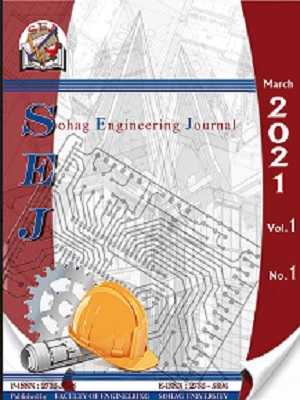| Egypt's limited water resources and rising water demand are critical to the country's economy and food security. This predicament encouraged the development of non-traditional water resources in order to bridge the gap between supply and demand for water. treated wastewater (TWW) reuse for irrigation is a viable alternative for closing this gap and conserving traditional water resources for residential and urban usage. TWW is a valuable source of nutrients in most wastewater treatment technologies, and it can improve the physicochemical properties of light-textured soils in the long run. Pathogens and the accumulation of harmful chemical substances, on the other hand, are the principal problems that can prevent TWW reuse in agriculture. This study compares Egyptian treated wastewater quality parameters for irrigation with those of other countries throughout the world, focusing on the environmental and health risks associated with the use of treated wastewater. Finally, the acceptable health parameters of treated wastewater for agricultural purposes were reviewed to preserve the health of the Egyptians. | |

